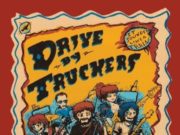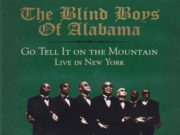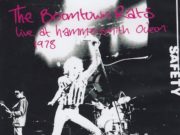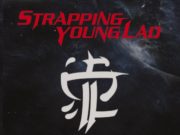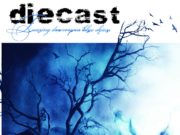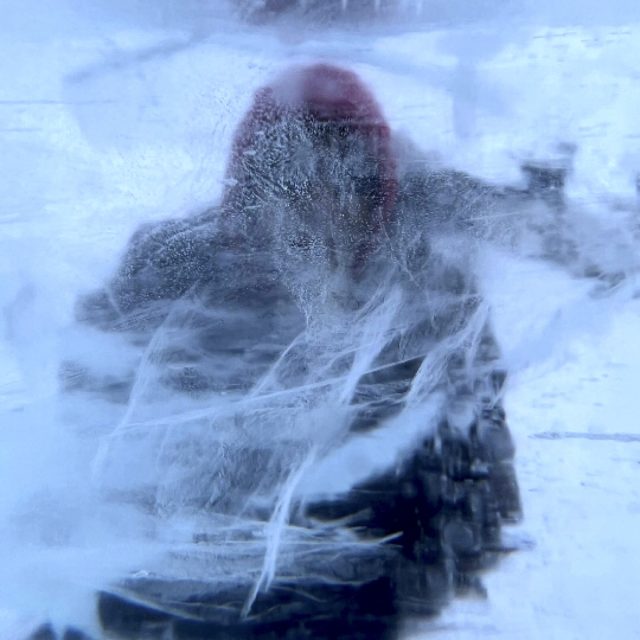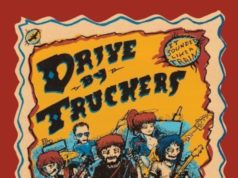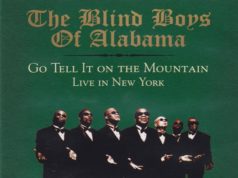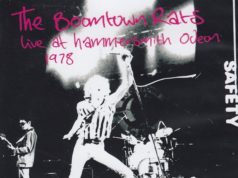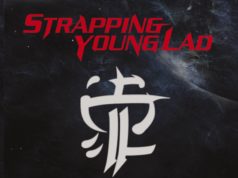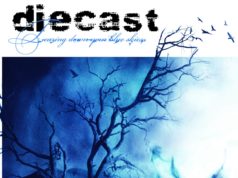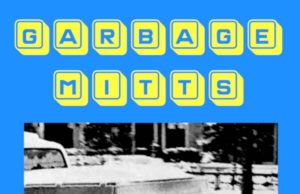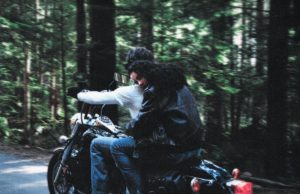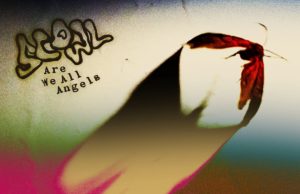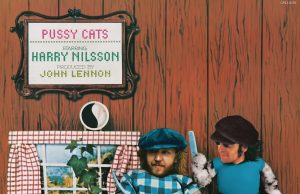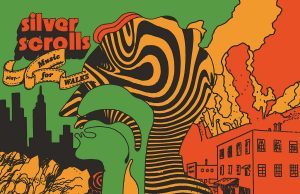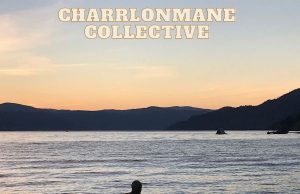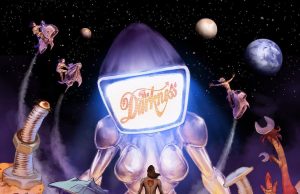THE EDITED PRESS RELEASE: “In many ways, James Ungalaq’s origin story isn’t all that different from many others. Born to parents living off the land and isolated from neighbouring communities, he and his family relied on each other for sustenance and companionship. It wasn’t until he reached school age and Ungalaq and his family moved to town that his world — and worldview — changed.
What differs from many people is that Ungalaq and his family moved “off the land” from the remote reaches of Nunavut to the hamlet community of Igloolik, where he not only learned reading and writing but also developed his life-long love of music. Even though music was an essential and ever-present part of his life throughout his early years and his teens, he never imagined it would become such an indelible part of his identity.
With the release of their self-titled debut album in 1985, Ungalaq and his fellow Northern Haze band members Kolitalik Inukshuk, Naisana Qamaniq, Elijah Kunnuk and John Inooya are widely recognized as having produced the first indigenous-language rock album recorded in North America. The self-taught musicians were not looking to make history; they were just connecting with each other. Music became a way for Ungalaq and his peers to express emotions and feelings that they otherwise were reluctant to put into words. “Music was a language the whole world could listen to and share,” he explains. “It is a wonderful international language” with “no race, no colour. It’s a humane way of communicating that the whole world shares.”
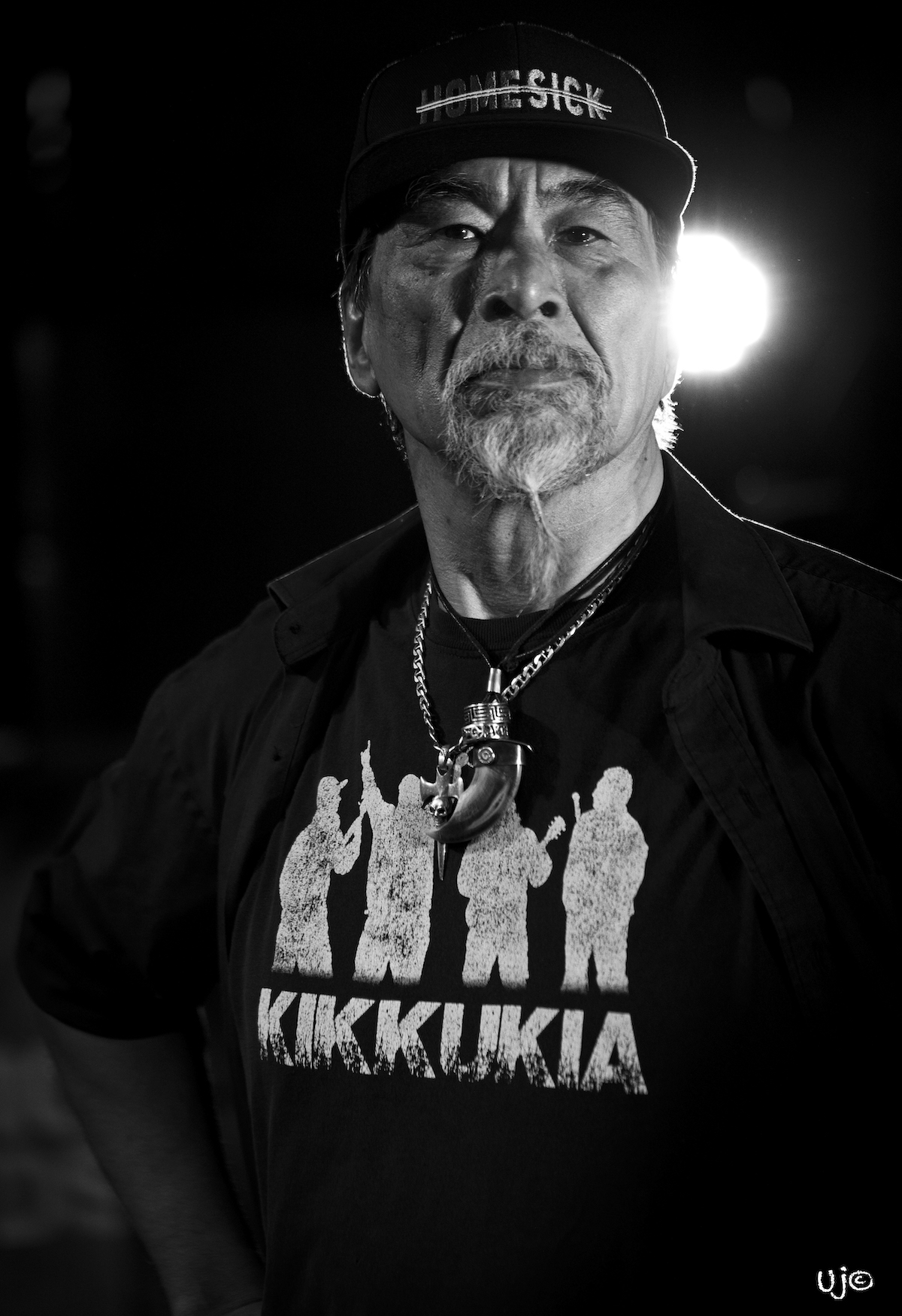
That simple and sincere philosophy informs much of Ungalaq’s musical history as he and Northern Haze shared their unique blend of blues, hard rock and traditional Inuit songs with audiences across North America and beyond. After the sudden deaths of Kunnuk and Inukshuk in 2007, when the future of Northern Haze was in doubt, it was Ungalaq’s son, Derek Aqqiaruq and new member Allan Kangok who inspired the remaining members to carry on their decades-long legacy. Sinaaktuq, released in 2012, collected all of Northern Haze’s recordings up to that point and was followed by Siqinnaarut in 2018, their first record for Nunavut’s first (and so far only) record label, Aakuluk Music.
A life in music may not have been Ungalaq’s goal, but it was clearly a part of the creator’s plan for him. “We have a lot of struggles,” he says of his community, understating the significant impact of the generational trauma Indigenous people suffer due to colonialism and the residential school system. “But we are still here. We’re still here trying to make the best out of life. I mean, we gave up a lot of our culture and traditions, but we’ve also adopted a lot of beautiful things from other cultures, from other traditions. Sometimes I ask myself, ‘What am I? What does that make me?’ ”
It’s not a stretch or exaggeration to say that makes Ungalaq an inspiration and anchor for the current and next generation of Inuit musicians. As a pillar of his tight-knit and closely supportive musical community, Ungalaq exemplifies what it means to have one foot in tradition, firmly planted on the earth, and the other in full rock-out mode, a high-kick aimed at the stars.”


